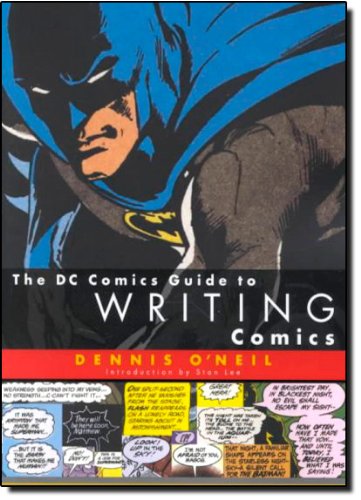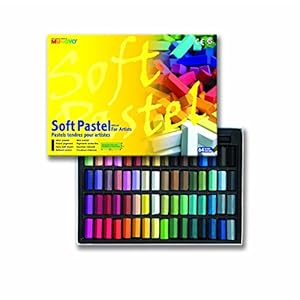Description
For any creator who wants to grow to be an expert comic-book storyteller, The DC Comics Guide to Writing Comics is the definitive, one-stop resource!
In this valuable guide, Dennis O’Neil, a living legend in the comics industry, reveals his insider tricks and no-fail techniques for comic storytelling. Readers will discover the quite a lot of methods of writing scripts (full script vs. plot first), as well as procedures for developing a story structure, building subplots, creating well-rounded characters, and much more. O’Neil also explains the many diverse formats for comic books, including graphic novels, maxi-series, mega-series, and adaptation. Of course, there are also dozens of guidelines for writing proposals to editors that command attention and get results.
There should be dozens of books on how to draw comics, but even the best artists want to tell a good story. Who can teach them? Dennis O’Neil. A comics creator and editor for more than 20 years, O’Neil oversees DC Comics’ Batman titles–one of the successful comics franchises ever. In addition, he’s a bestselling novelist, a screenwriter, and a writing teacher. So in the case of storytelling, O’Neil knows his stuff. In this guide he delivers his knowledge in a succinct, no-nonsense style.
O’Neil explains three-act story structure and examines subplots, characterization, and methods for developing drama and suspense. He then applies these concepts to comics’ specific forms: graphic novels, miniseries, maxiseries, and the rare megaseries (such as Batman: No Man’s Land, a year-long über-narrative played out across five comics titles). As in good comics, words and images work together in this book. Every idea is illustrated by panels or pages from great moments in DC Comics lore. Especially illuminating are the script excerpts that come paired with the comic book pages they describe.
Strangely, the book ignores the visual side of comics writing. Modern comics scripts specify shots, angles, and blocking in movie-director fashion, but that craft is never addressed. (DC has a good opportunity here for a second volume.) Then again, what this book sets out to teach–storytelling–it does slightly well. Aspiring comics writers won’t just learn theory, they’re going to be empowered, because O’Neil provides a framework for crafting new tales. –J.B. Peck













































